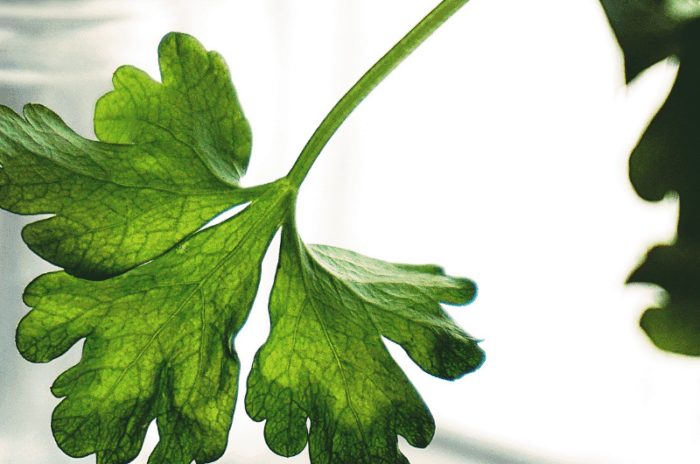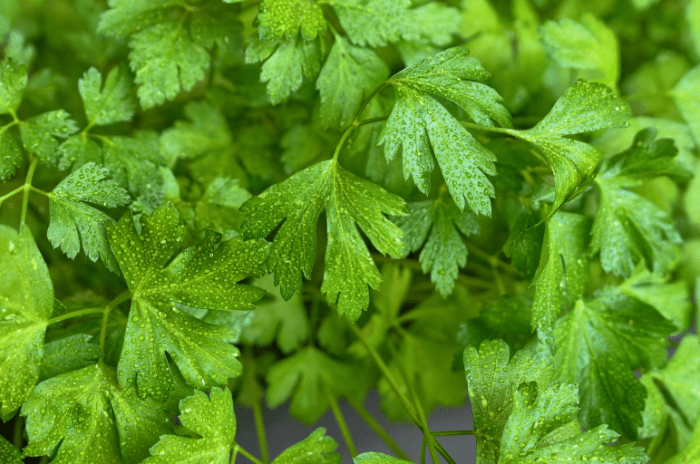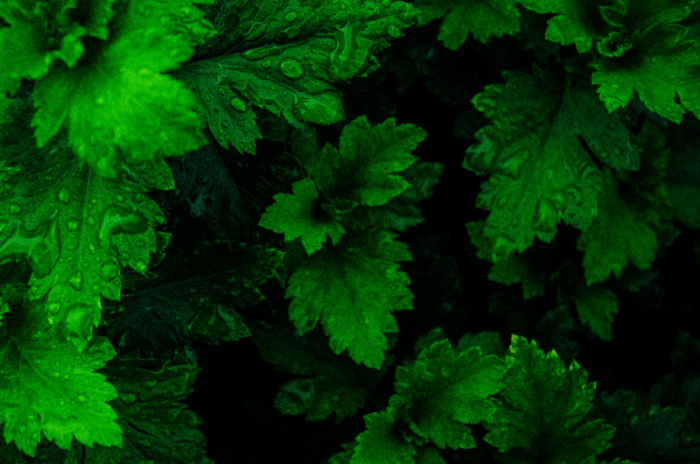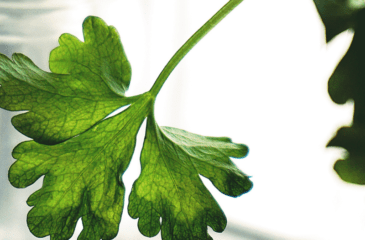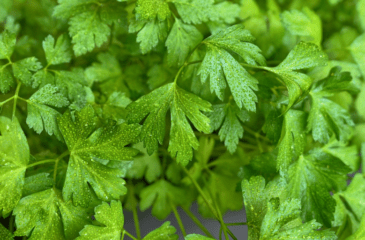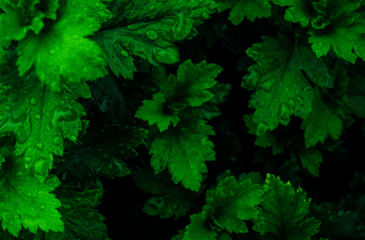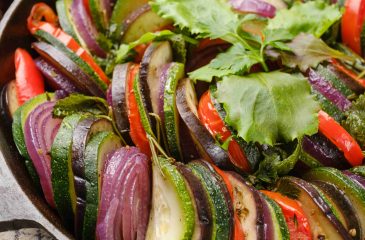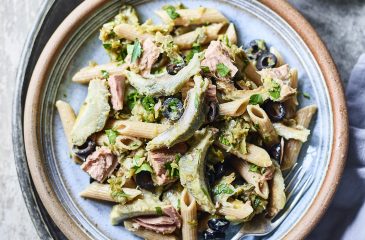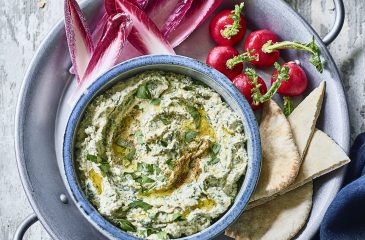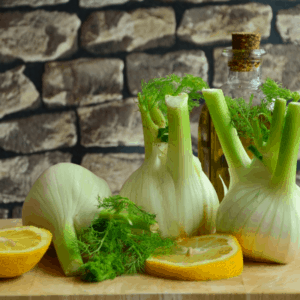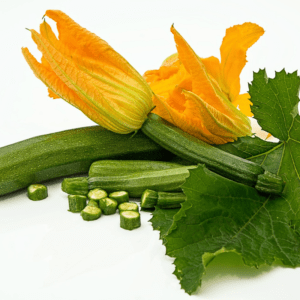Parsley is a species of flowering plant native to the central and eastern Mediterranean region (Sardinia, Lebanon, Israel, Cyprus, Turkey, southern Italy, Greece, Portugal, Spain, Malta, Morocco, Algeria, and Tunisia), that has been naturalized elsewhere in Europe, and is widely cultivated as an herb and a vegetable. It grows as a biennial plant in more temperate climes and annual in tropical climates.
Where it grows as a biennial, in the first year, it forms a rosette of tripinnate leaves, 10–25 cm long, with numerous 1–3 cm leaflets and a taproot used as a food store over the winter. In the second year, it grows a flowering stem with sparser leaves and umbels with yellow to yellowish-green flowers. The leaves are used to flavour both cold and hot dishes.
Flat leaf parsley is used in Italy, while in France and the United Kingdom, curly leaf parsley is more common. It can be kept fresh for a few days by placing the stems in water or wrapped in damp kitchen paper.
When frozen, it is used in cooking hot dishes, and when dried, it loses much of its aroma.
Benefits of using parsley in cooking:
- high content of vitamins and mineral salts, so is a healthy addition to dishes;
- very high content of vitamin C, carotenoids and tocopherol, and in the past, it was used to prevent scurvy;
- It has diuretic and spasmolytic properties, and can help against bad breath;
- However, pregnant women should limit its use, as well as people with kidney problems;
- The leaf, seed, and root are used to make medicine;
- Due to the presence of furanocoumarins, parsley extracts can give rise to photosensitivity causing dermatitis;
- Herbal medicine uses its diuretic, carminative, emmenagogic, vasodilating and remineralizing properties, to treat water retention; anaemia, dyspepsia, liver disease, gout and urinary tract disorders;
- Drinking abundant water enhances its diuretic and purifying properties;

